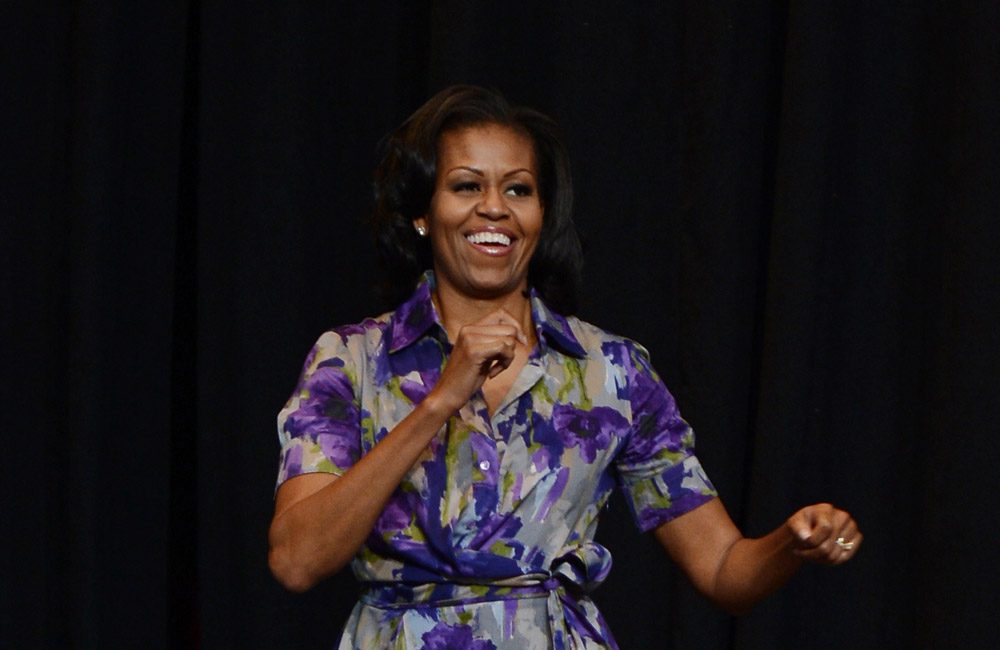
For the third time in a week, a United States Navy warship has come under direct missile attack. The destroyer USS Mason is part of a Navy task force patrolling the Bab el-Mandeb Strait, one of the world’s busiest shipping lanes crucial to oil transport. The area is off the coast of Yemen, which is undergoing a brutal civil war and is considered the poorest nation in the Arab world. The Mason came under missile fire by Houthi rebel forces which are supported by Iran. The Houthis, who are battling the government of Yemen President Abd Rabbu Mansour al-Hadi. This faction is battling on behalf of the former Yemini President Ali Abdullah Saleh, and some Yemeni army units are supporting the rebels against the internationally recognized government of al-Hadi. The rebel forces control much of the north of the country, including the capital of Sanaa.
On Thursday, the U.S. Navy launched a cruise missile attack on Houthi-controlled radar sites that were being used as fire control for the attacks. These missile strikes were authorized by President Obama and are the first direct military action in the Yemeni conflict by the United States. Multiple foreign policy and defense experts agree the situation is fragile and could escalate drawing the United States further into the crisis.
The conflict in Yemen is part of a wider regional escalation of hostilities centered around Syria. President Bashir Al-Assad has been widely condemned for his brutal suppression of Syrian rebels and deaths of innocent civilians. The conflict began with a crackdown on peaceful protests against his government in 2011. His forces responded with an over the top military crackdown. In response, the people rebelled and then ISIS joined in the conflict. The conflict has become an international crisis with over 220,000 people killed and an estimated four million people fleeing the country. Thousands of refugees have been admitted to the United States from the conflict. Syria is backed by the USSR which has given material support and coordinated attacks against rebel factions. The US government is opposed to the current Syrian government and this has strained US-Russian relations. Russia has engaged in a series of provocative encounters with US military forces in the region. This includes close fighter jet flybys of US Navy vessels and dangerous near collisions of navigating vessels. Heated rhetoric from Russian President Vladimir Putin and disrespectful comments against President Obama have created a dangerous situation. In the heated U.S. presidential campaign, Republican candidate Donald Trump has praised Putin and some say encouraged a cyber hacking of US emails and documents.
Most recently the Russian government has put on a strong display of military defense capabilities. This past week the Russians have test-launched three nuclear-capable missiles by land and sea. In addition, military units have been placed on alert and nuclear-tipped missiles have been moved provocatively closer to NATO forces and aligned NATO nations in Europe. Russian media has been running programming informing its citizens of bomb shelters and what to do in case of nuclear attack. Some are saying that the United States is moving towards a direct military conflict with Russian forces. There are some foreign policy experts who are also stating that this is just political posturing by Putin to bolster his image and downplay domestic issues in Russia. Russia has also strengthened its ties to a growingly aggressive China and has promised support in territorial disputes.
As the Obama presidency winds down its term, there is growing international conflict. Looking at the current Presidential candidates of Donald Trump and Hillary Clinton, U.S. foreign policy issues are at a crucial juncture. Former US Secretary of State Clinton is well qualified to handle these issues diplomatically and with a keen mind and strength. While Trump has displayed an erratic, jingoistic and just plain ignorant understanding of the global situation.
















